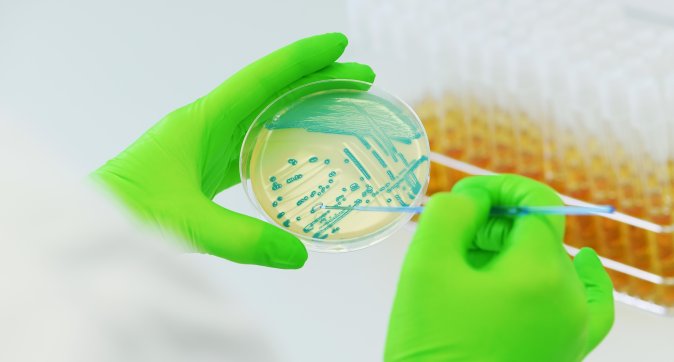瓦赫宁根大学食品安全研究所(WFSR)最重要的任务之一是测量和检测食品和饲料中的物质。这主要涉及可能对人类和动物产生负面影响的物质。通过这种方式,研究所为安全的食品和饲料做出重要贡献,进行高质量的科学研究。
研究所对安全可靠的食品进行高质量的独立研究,主要为荷兰农业,自然和食品质量部以及荷兰食品和消费品安全局(NVWA)提供信息。荷兰食品和消费品安全局(NVWA)监测食品和消费品,动物福利和自然的安全。NVWA与WFSR共同进行监测研究,NVWA从屠宰场等取样后将其提交给WFSR进行分析。WFSR研究人员检查病原体,污染物和其他有害物质的存在,将报告给NVWA。
WFSR测量食品和饲料中的残留物、毒素、污染物以及微生物和病毒污染;促进风险评估,监测食品生产链的趋势,识别新风险,验证食品的真实性并进行取证。WFSR为荷兰政府执行法律研究任务,在分析,专业知识和设施方面帮助政府。

One of the most important tasks of Wageningen University's Institute for Food Safety (WFSR) is the measurement and detection of substances in food and feed. This mainly concerns substances that may have negative effects on humans and animals. In this way, the Institute makes an important contribution to safe food and feed by conducting high-quality scientific research.
The Institute conducts high-quality independent research on safe and reliable food products, mainly providing information to the Dutch Ministry of Agriculture, Nature and Food Quality and the Dutch Food and Consumer Goods Safety Authority (NVWA). The Dutch Food and Consumer Goods Safety Authority (NVWA) monitors food and consumer goods, animal welfare and the safety of nature. The NVWA conducts surveillance studies with the WFSR, and the NVWA takes samples from slaughterhouses, etc., and submits them to the WFSR for analysis. WFSR researchers check for the presence of pathogens, contaminants and other hazardous substances that will be reported to the NVWA.
WFSR measures residues, toxins, contaminants, and microbial and viral contamination in food and feed; Promote risk assessment, monitor trends in the food production chain, identify new risks, verify food authenticity and conduct forensics. WFSR performs legal research tasks for the Dutch government, assisting the government in terms of analysis, expertise and facilities.